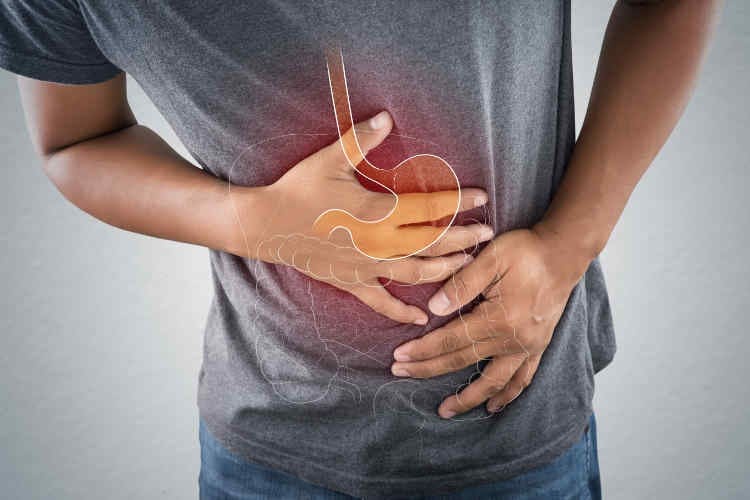A comprehensive review of the evidence shows a diet high in fibre is key to reducing your risk of several chronic diseases.
gastrointestinal
A gut feeling about eczema
Researchers look at the gut bugs in infants with eczema and the association between the microbiome and risk of eczema among infants. This is what they found.
Cryptosporidium infection
Cryptosporidium is a microscopic parasite that can infect the intestines and cause gastroenteritis symptoms such as watery diarrhoea, abdominal cramps, nausea and vomiting.
Can probiotics ease an irritable bowel?
Probiotics are a common supplement taken by people with irritable bowel syndrome (IBS) however new research suggests probiotics may not be provide the relief sufferers of IBS are seeking.
Diet changes to help an irritable bowel
Swedish researchers looked at people who met the criteria for irritable bowel syndrome, to test a low FODMAP diet against traditional management advice for IBS. This is what they found.
Gallstones
The most common symptom of gallstones is recurrent attacks of pain in the upper abdomen or the back, known as biliary colic.
Do you need your appendix?
Researchers look at whether we need our appendix or is it just an unimportant little blind alley in the bowel to be thrown in the bucket when you develop appendicitis?
Diarrhoea
Many cases of diarrhoea don’t need specific treatment, but it’s important in any case of diarrhoea to stay hydrated by drinking plenty of liquids.
Crohn’s disease
Crohn’s disease is a type of inflammatory bowel disease that causes symptoms such as diarrhoea and cramping abdominal pain. While there is currently no cure, there are treatments available.
Constipation: treatment options
Find out the treatment options for constipation. What's suitable for you will depend on the cause, severity and duration of your constipation.






